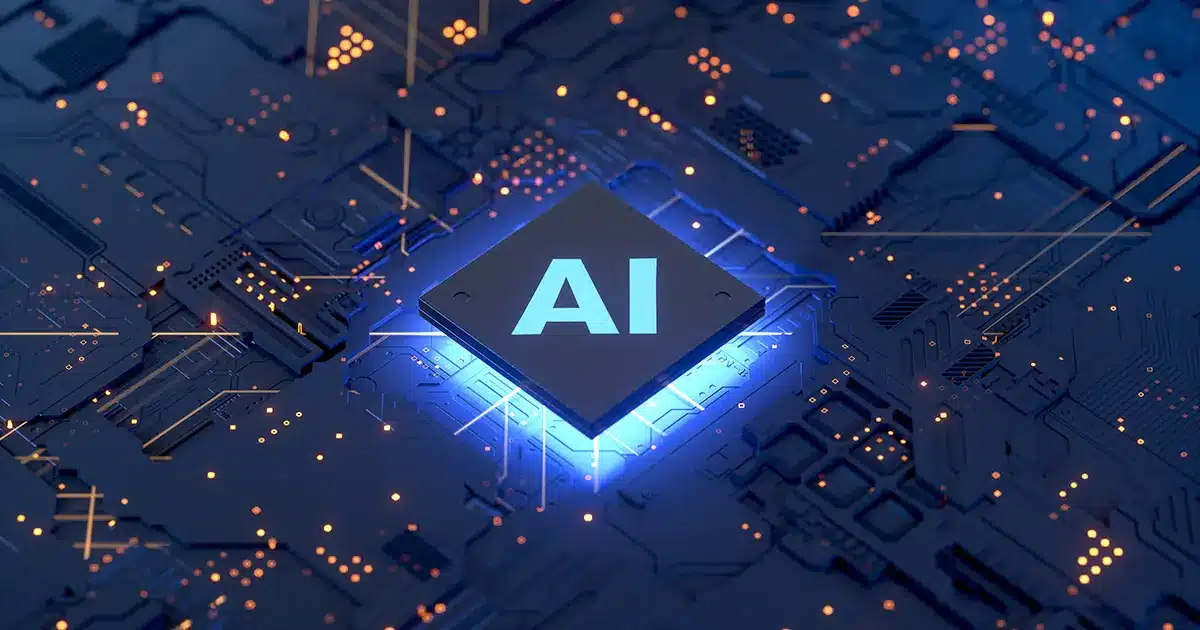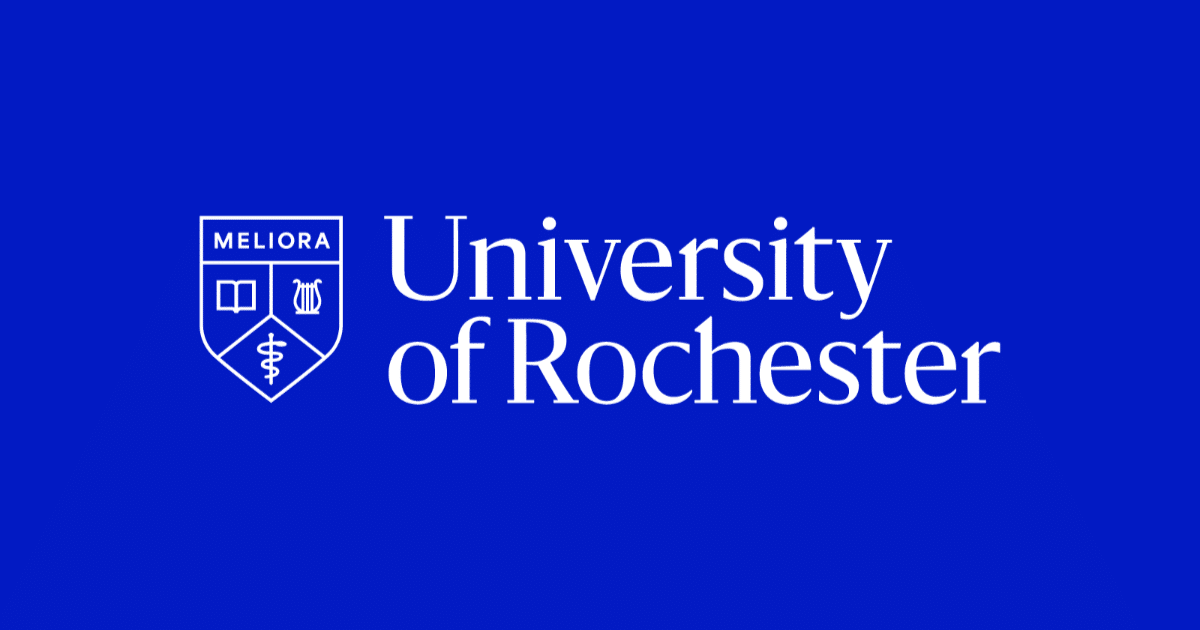Transdisciplinary RFP: AI Horizons Institute
AI Horizons aims to advance the state of the art in AI as one of the many University teams vying to receive large-scale funding.
TL;DR
A transdisciplinary group of researchers at the University have proposed the “AI Horizons Institute,” which will engage in AI research to advance the state of the art in generative and agentic AI as well as to study its societal implications and applications to healthcare and education. Jump to: their big idea; the why and why us; implications for Rochester’s reputation; the last word.
Generative artificial intelligence (GenAI)—which you might be familiar with through large language models (LLMs) such as OpenAI’s ChatGPT, Anthropic’s Claude, Meta’s Llama, or Google’s Gemini—focuses on the creation of new content, including text, images, audio, video, and code. And even though GenAI is only a technological infant, it’s currently playing a role in almost every intellectual endeavor and has tremendous untapped potential to enhance human productivity.
While today’s GenAI systems have vastly exceeded the expectations of most researchers, there are still enormous limitations to existing approaches. For example, they:
- produce hallucinations (misleading information presented as fact);
- do not know the limits of their own knowledge and lack the awareness and understanding of their own processes;
- require explicit structured instruction—or prompt engineering—to elicit the correct behavior; and
- lack the ability to learn as users engage with them.
The ever-growing number of GenAI systems are often used by individuals and organizations without them realizing it, which makes ensuring these systems are safe, effective, and adaptable increasingly critical. This is where AI Horizons comes in.
The team
Lead:
- Christopher Kanan
Associate professor, computer science, Center for Visual Science, brain & cognitive sciences
Co-leads:
- Raffaella Borasi
Frederica Warner Professor
Director, Center for Learning in the Digital Age - Jonathan Herington
Assistant professor, health humanities and bioethics - Michael Hasselberg
Associate professor, psychiatry, Chief Digital Health Officer, URMC
- Karl Rosengren
Professor, brain & cognitive sciences, psychology - Jiebo Luo
Professor, computer science - Jens Kipper
Associate professor, philosophy professor, electrical and computer engineering - Zhen Bai
Assistant professor, computer science
Quick background
Generative artificial intelligence (GenAI)—which you might be familiar with through large language models (LLMs) such as OpenAI’s ChatGPT, Anthropic’s Claude, Meta’s Llama, or Google’s Gemini—focuses on the creation of new content, including text, images, audio, video, and code. And even though GenAI is only a technological infant, it’s currently playing a role in almost every intellectual endeavor and has tremendous untapped potential to enhance human productivity.
While today’s GenAI systems have vastly exceeded the expectations of most researchers, there are still enormous limitations to existing approaches. For example, they:
- produce hallucinations (misleading information presented as fact);
- do not know the limits of their own knowledge and lack the awareness and understanding of their own processes;
- require explicit structured instruction—or prompt engineering—to elicit the correct behavior; and
- lack the ability to learn as users engage with them.
The ever-growing number of GenAI systems are often used by individuals and organizations without them realizing it, which makes ensuring these systems are safe, effective, and adaptable increasingly critical.
Okay—Picture this…
What’s the main idea behind the institute?
By taking inspiration from neuroscience, philosophy, linguistics, and developmental psychology—building on the work of Rochester researchers—the proposed AI institute aims to advance the state-of-the-art in GenAI and beyond by improving the alignment, reasoning, and instructability in GenAI agents. To do this, AI Horizons will focus on four objectives:
- Overcoming the limitations of today’s systems.
- Studying the societal and ethical implications resulting from advancements in AI.
- Reskilling and educating individuals on AI, including the use of AI to support learning.
- Developing applications for GenAI that have the potential to improve human well-being, prioritizing health care.
We’re going to zoom in on “overcoming limitations” to give you a better sense of how AI Horizons might do this.
Earlier we noted GenAI systems require prompt engineering to elicit the correct behavior. This means that GenAI systems reflect the worldview of their training data, which can include offensive or dangerous content. For example, these systems have demonstrated gender- and race-based stereotyping, a refusal to affirm the human rights of marginalized groups, and—in true James Bond villain fashion—a willingness to offer instructions for synthesizing chemical weapons. AI Horizons believes this propensity to perpetuate prejudice and abet crime is linked to the fact their ethics and morality are built in late in their existence, meaning they don’t “grow up” with those guardrails like (most) humans do.
Drawing from research on child development, AI Horizons proposes integrating human social values in GenAI models that are distilled from philosophy and ethics rather than those determined by one or more individuals acting on behalf of a corporation. This is especially important as LLMs are now being used as the “brains” of agentic AI systems that go beyond merely generating content. Instead, these systems autonomously make decisions based on their user’s instructions and are a steppingstone toward artificial general intelligence (AGI), which can do many intellectual tasks as effectively as humans
To put the full scope of its goals in reach, the AI Horizons team is using their one-year planning period to:
- Develop the team’s capacity for transdisciplinary work through the recorded AI Horizons’ Learning Series, a series of recorded seminars by team members.
- Establish transdisciplinary working groups, each exploring research opportunities and funding sources towards AI Horizons’ four objectives.
- Seek external funding, where the team has already submitted a proposal to the National Science Foundation (NSF) to create an AI Institute.
- Begin identifying the implications for Rochester students and programs to inform concrete plans that will have an impact on and involve undergraduate and graduate students in the proposed institute.
- Provide opportunities for cross-fertilization among the working groups through three half-day events.
Success is in the air
Why and how is Rochester poised to take this on, and what strengths is this institute bringing to the table?
The AI Horizons team believes Rochester needs a central hub for GenAI research to enable the community, industry, and collaborators in and outside the University to find relevant researchers. Here are some of Rochester’s attributes that will allow AI Horizons to differentiate itself from AI institutes and centers at other institutions:
- Strengths in AI, neuroscience, and developmental psychology—all will be critical to AI Horizon’s goal of developing more “human-like” AI architectures
- Cross-disciplinary collaborations will enable AI Horizons to immediately launch more ambitious use-inspired research (e.g., Chris Kanan is already working closely with Michael Hasselberg’s Health Lab)
- Supporting centers and institutes, such as the Goergen Institute for Data Science, Health Lab, Center for Learning in the Digital Age, and the Ain Center for Entrepreneurship.
- The proximity and connection to the medical center gives Rochester a considerable advantage in medical AI research. Many universities are separated from their medical center.
Additionally, Rochester already has AI-related NSF grants involving faculty from multiple academic units, some of the most notable are:
- Future of Work at the Human-Technology Frontier grants (2) aiming at empowering musicians to leverage AI in their music creation, involving faculty from audio-engineering (Duan), music (Roberts & Brown-Eastman), education (Borasi, Borys & Miller-Warner) and ethics (Herington-SOM).
- An EAGER grant and a CAREER grant on Research on Emerging Technologies for Teaching and Learning supporting the creation of an AI-powered platform to enable high school students to leverage machine learning in their own scientific explorations, involving faculty from computer science (Bai & Luo, ASE) and education (Borasi & Daley-Warner).
- A RAPID grant to collect information about and support K–12 school leaders’ decision-making around the use of AI in their schools, involving faculty from education (Miller, Borasi, DeAngelis & Vaughan-Brogan-Warner) and ethics (Herington-SOM).
Reputation. Reputation. Reputation.
How will the success of the institute enhance Rochester’s prominence and prestige?
AI has been identified as a grand challenge by the US government, including a recent executive order by President Joe Biden, directing many federal agencies, including the NSF and National Institutes of Health, to fund AI efforts. Within AI, GenAI is the subfield that has achieved the most rapid developments and received the most attention. Many AI researchers believe that these developments have brought us to the cusp of achieving AGI or agentic AI.
Many industry leaders predict AGI will be realized by 2030. If this occurs, there will be profound disruption across many fields, especially higher education, as AGI systems will be capable of automating many jobs students go to college to obtain. Given this emerging field’s potential impact on so many other domains, the Horizons team believes it’s critical for Rochester to be a recognized leader.
The last word
Team leader Chris Kanan refers to AI as a world-eater, in that it’s everywhere and gobbling up money in the form of investments, where AI has been estimated to contribute $20 trillion to the global economy through 2030. He encapsulates the argument for the AI Horizons Institute with one question, “Do we want to be a player or do we want to be left behind?’
Right now, Chris puts us somewhere among the top 50 in the nation for AI research while punching way above our weight class. For perspective, Cornell, New York, and Columbia Universities—all members of Empire AI—each have more than 50 AI faculty. Rochester has less than ten core AI researchers. He also believes that AI’s current progression could have an impact on the value of a degree to the point that universities begin to see notable decreases in enrollment. (“Why do I need a bachelor’s degree when AI has all of them?”)
“We have a real opportunity here,” Chris says. “We’re doing a lot with a little, but really, if we don’t do a lot more, we’re going to fall behind.”
Related updates
President Sarah Mangelsdorf reflects on the University of Rochester’s strong progress, campus growth, and resilience heading into 2025–26.
The refreshed brand builds on the University’s 175-year legacy while spotlighting its vision and values.
The comprehensive campaign seeks to raise $1.75 billion for Rochester’s future while expanding alumni and community engagement.








